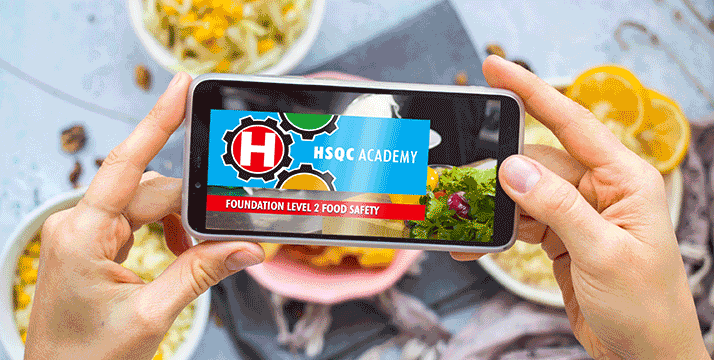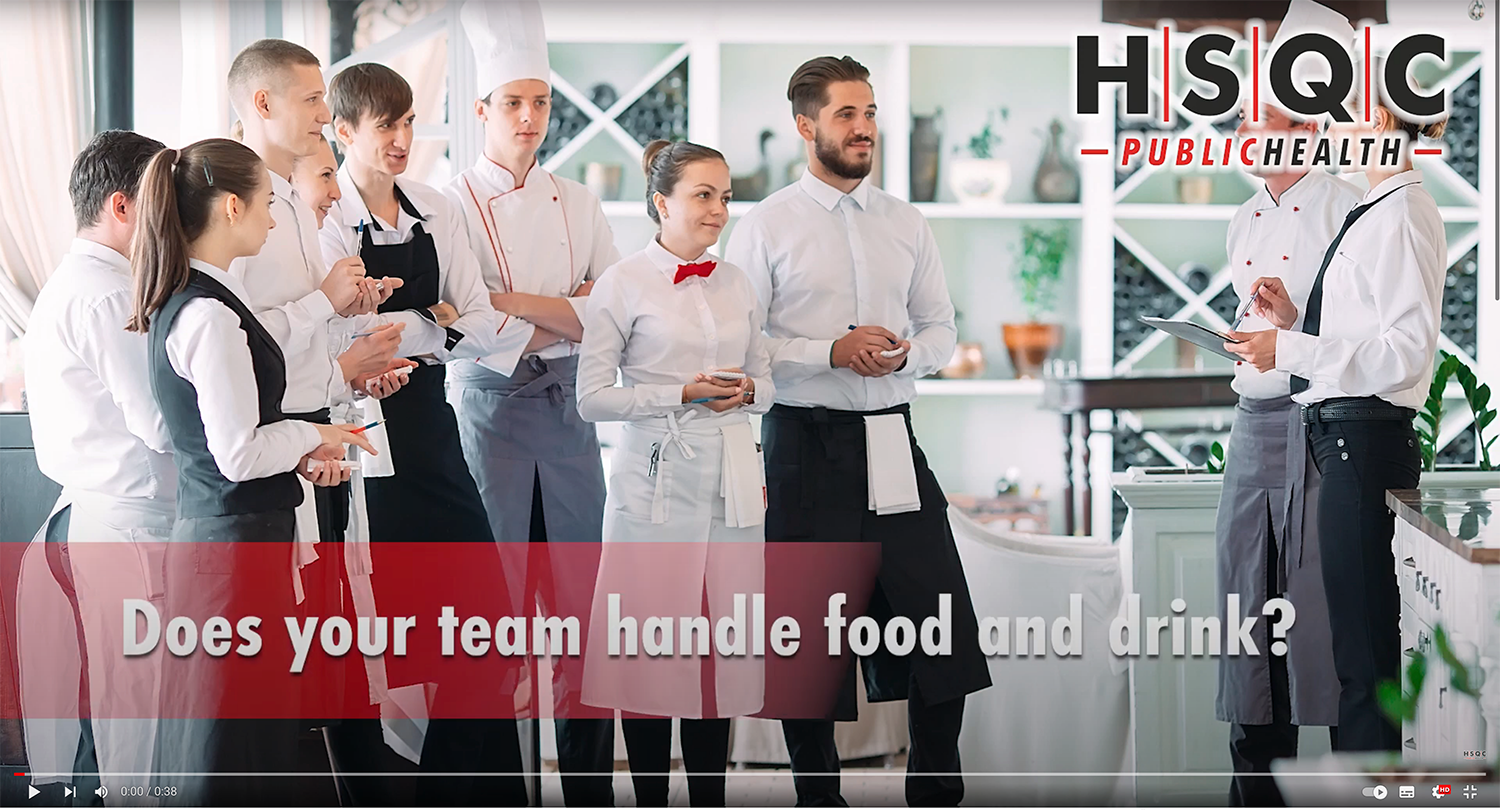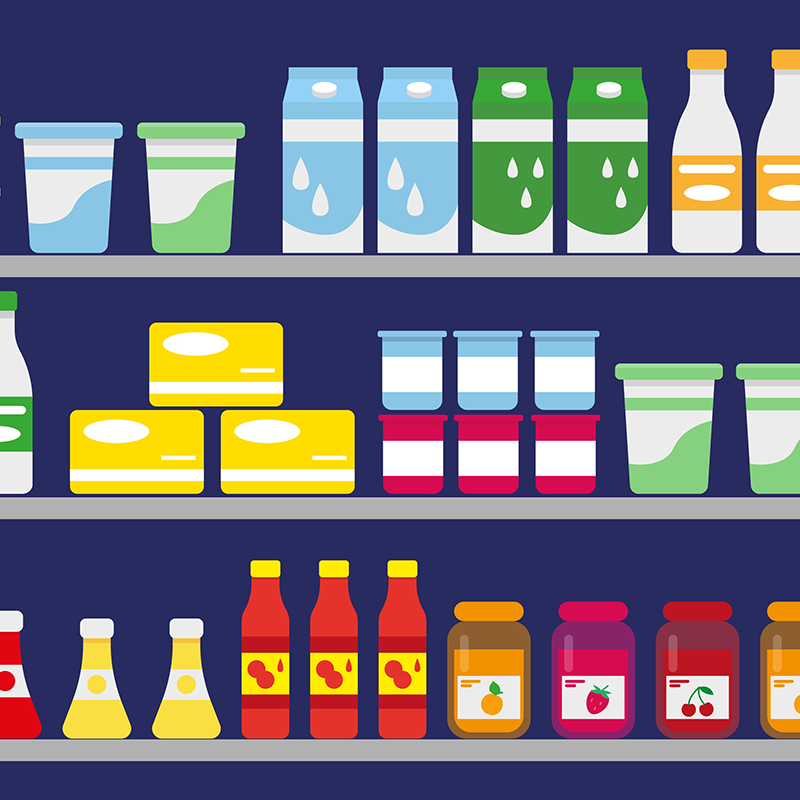 In the news this week:
In the news this week:
There is an ongoing discussion about food labelling in the UK: when is it misleading, and are new proposals draconian? Are you confident about the correct labelling of milk, cheese and dairy products in your business?
HSQC can support your operation and offer advice on appropriate food labelling, just email us at: [email protected]
HSQC have over 40 years of experience as a leading international safety and quality management consultancy. Our team provide technical advice and laboratory and scientific support to businesses in the hospitality, food, leisure, tourism, and catering industries.


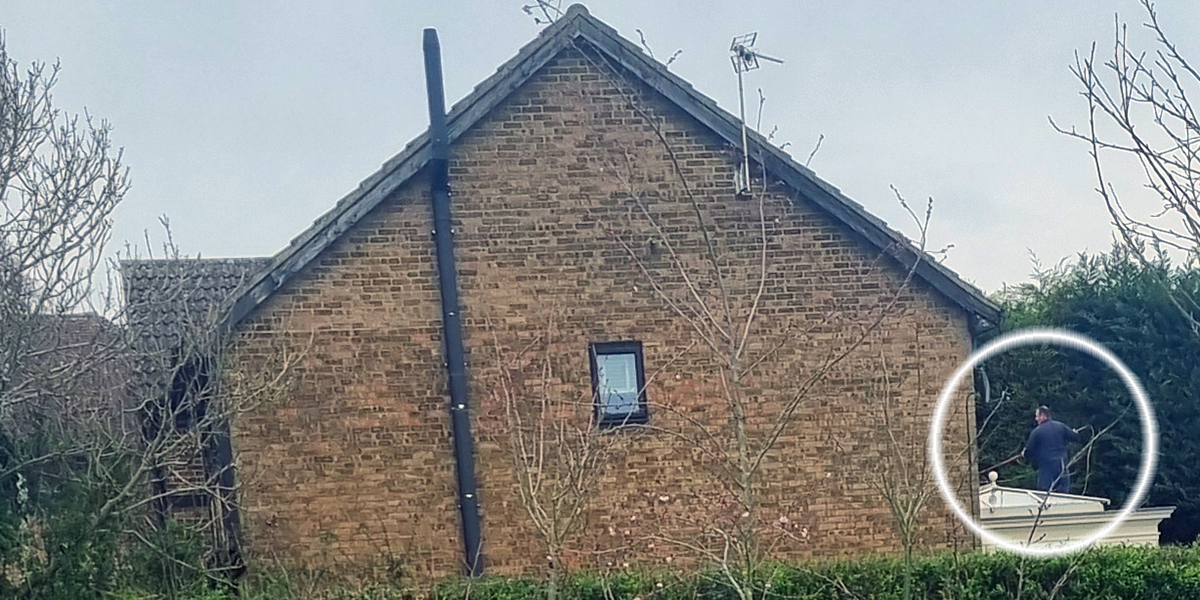
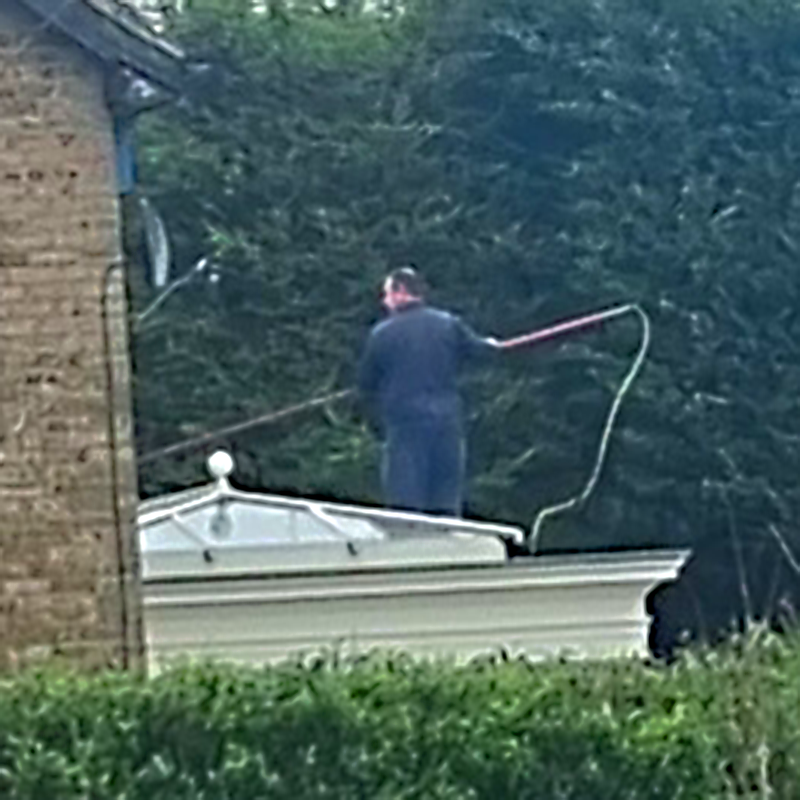 One of our environmental health consultants was returning home and had to stop to snap this scene. Above the hedge is a gentleman undertaking some window cleaning activities on a domestic dwelling. On closer inspection he was standing on the conservatory roof with cleaning apparatus. Wow, so many questions!
One of our environmental health consultants was returning home and had to stop to snap this scene. Above the hedge is a gentleman undertaking some window cleaning activities on a domestic dwelling. On closer inspection he was standing on the conservatory roof with cleaning apparatus. Wow, so many questions!
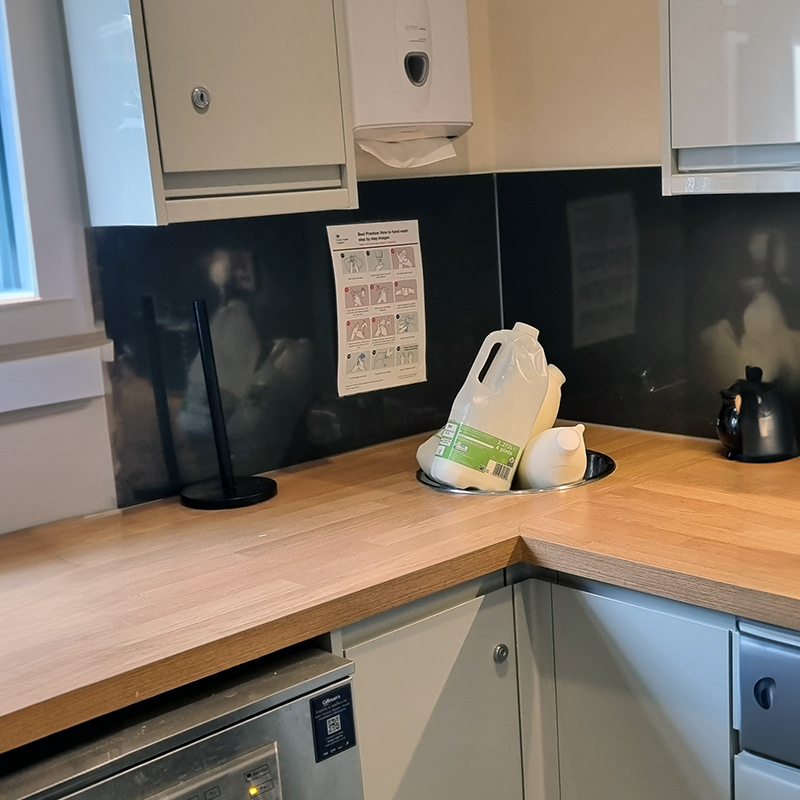 Can you spot the hazards in this seemingly harmless scenario?
Can you spot the hazards in this seemingly harmless scenario?




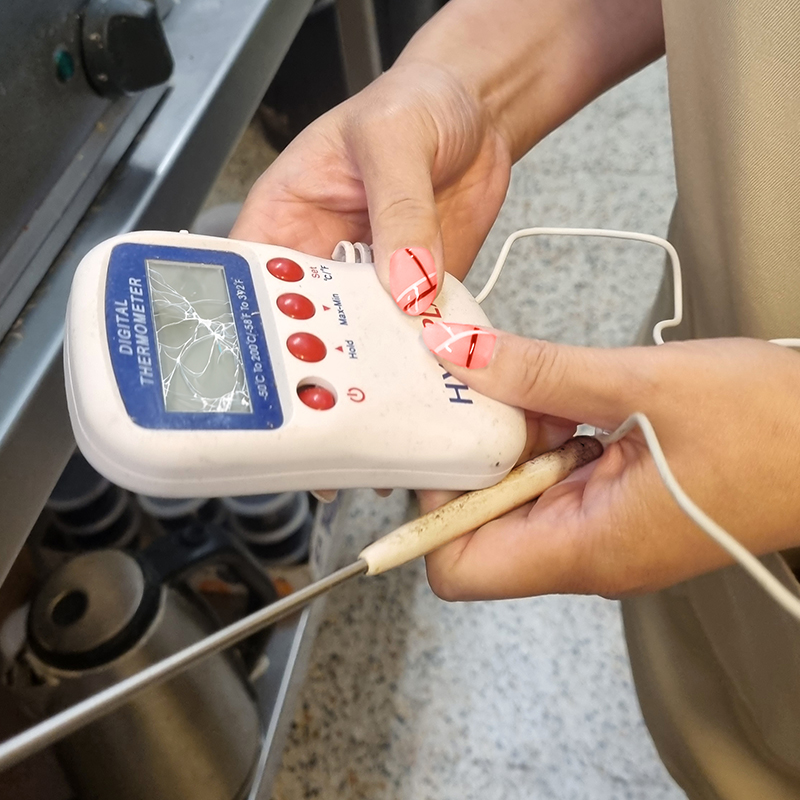

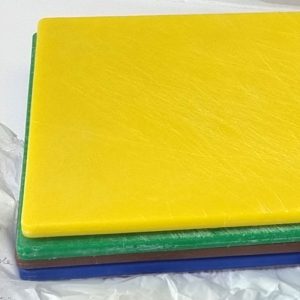 Hopefully you will have realised that these are colour coded cutting mats for kitchen usage. But what is the big error in the way that they have been stored?
Hopefully you will have realised that these are colour coded cutting mats for kitchen usage. But what is the big error in the way that they have been stored?
